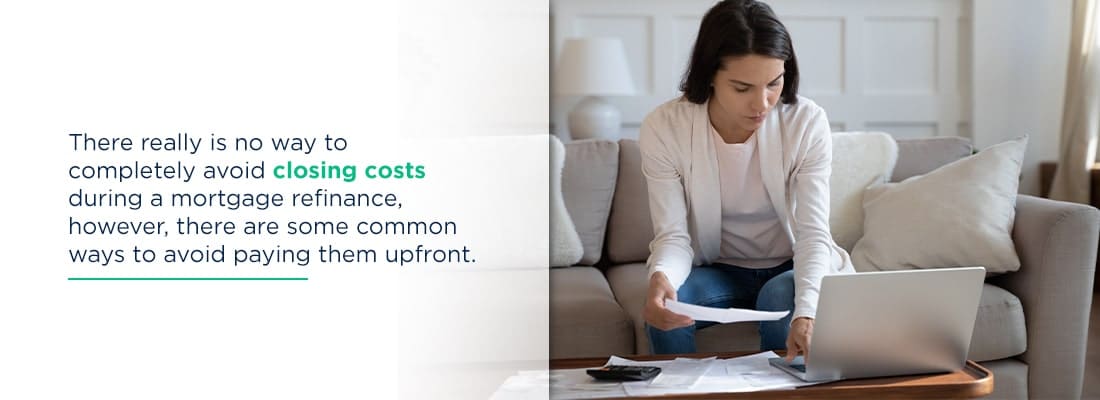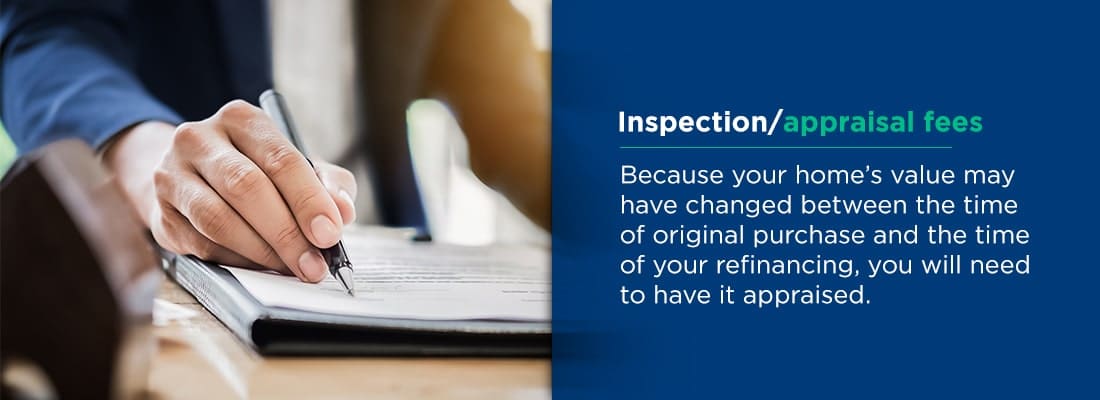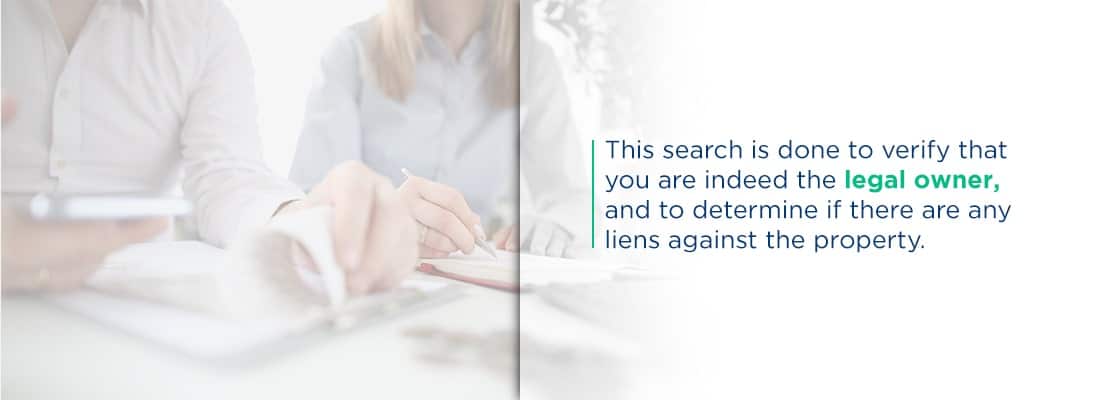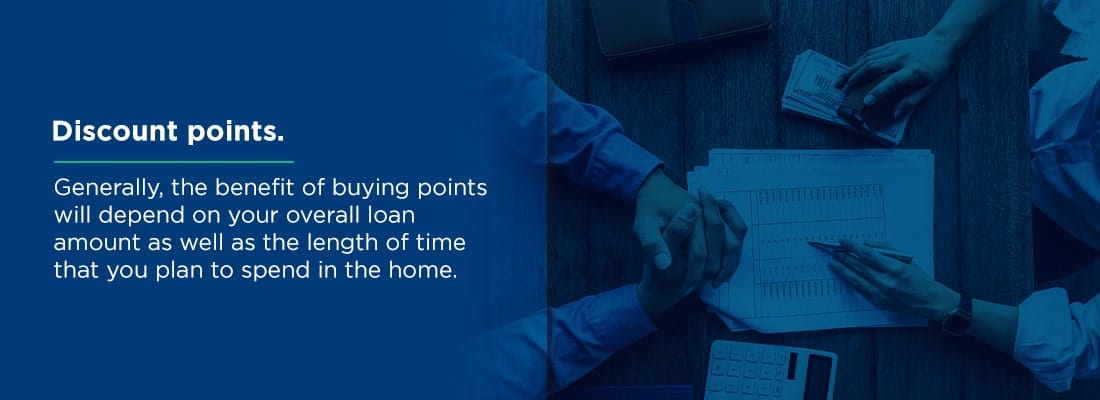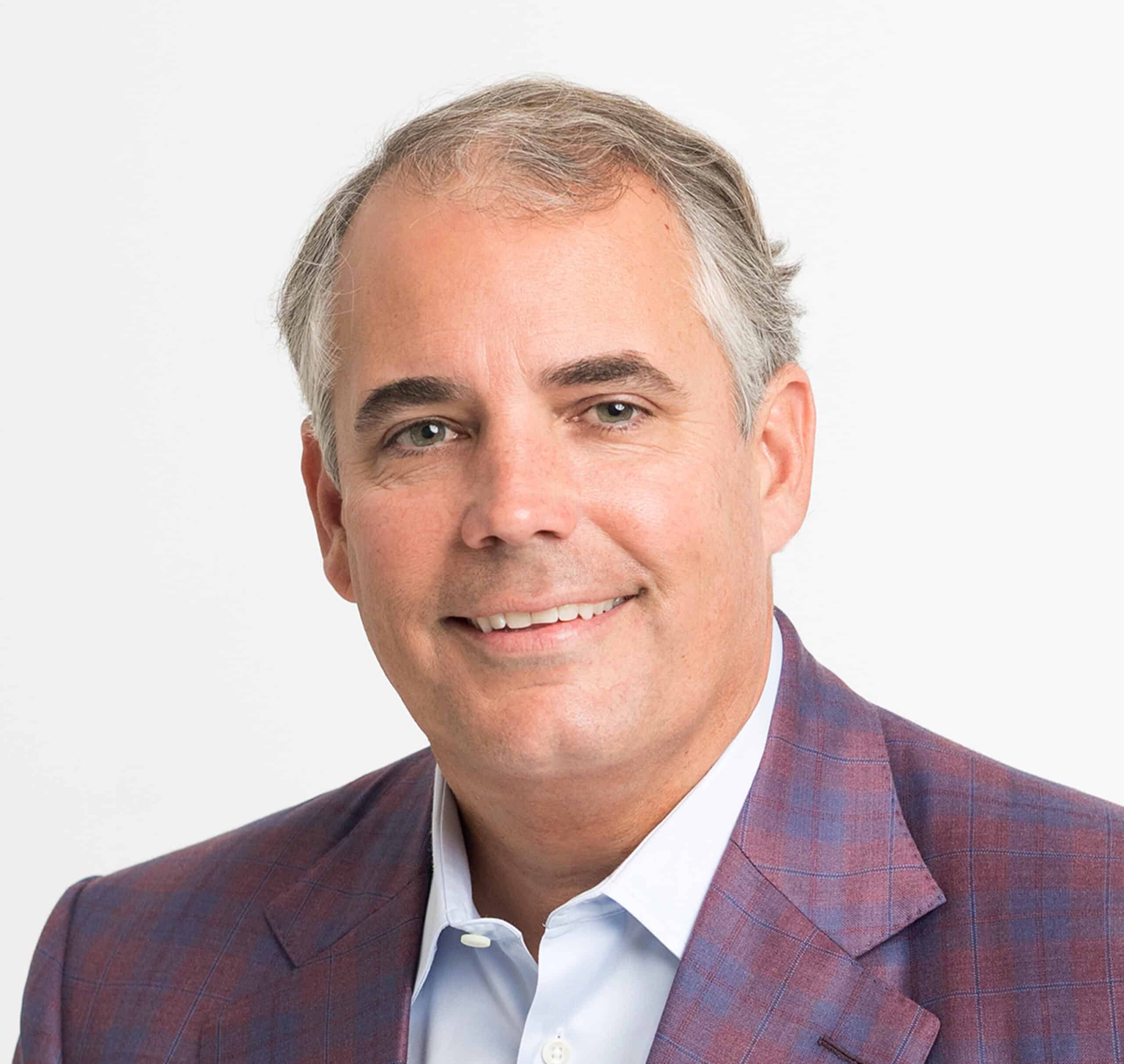In today’s economic climate, many homeowners may find it challenging to make their large monthly mortgage payments. Especially for first-time homeowners, an unwieldy mortgage payment may feel stressful and overwhelming. This is a common factor that drives many homeowners to seek refinancing. Because refinancing often results in a lower interest rate, some homeowners may also seek a new mortgage for that reason. In either case, the objective is nearly always to save money and/or ensure that your mortgage remains financially feasible for you.
Keeping this in mind, it’s important that you, the homeowner, watch out for closing costs when refinancing your mortgage.
What Are Mortgage Refinancing Closing Costs?
The prospect of refinancing a mortgage can seem daunting, not least in part due to fear about expensive closing costs. There really is no way to completely avoid closing costs during a mortgage refinance, however, there are some common ways to avoid paying them upfront. Typically, during a “no-closing-costs” refinance, the closing costs are simply folded into your principal payment. Sometimes a lender will recoup their closing costs by increasing the interest rate. In either scenario, know that you, the homeowner, will likely not be able to completely avoid paying closing costs — but you may be able to avoid paying them all upfront.
There are several components of the mortgage refinancing process that require fees and payments, just as there were at the time that you first purchased your home. When added together, these fees and payments make up what are collectively considered the closing costs.
Common fees that contribute to the closing costs include, but are not necessarily limited to, appraisal and inspection fees, application fees, origination fees, mortgage and title insurance fees, early repayment fees and discount points — some of which are more avoidable than others.
[download_section]
How Are Refinance Closing Costs Calculated?
If you are considering a mortgage refinance, it’s understandable that you may feel wary of the many different fees that contribute to closing costs. You are likely hoping to avoid paying some, or all, of your closing costs upfront. In order to understand potential savings techniques, let’s first look closer at what fees comprise closing costs in the first place. The following list represents the most common fees associated with mortgage refinancing closing costs, but it is not meant to be a definitive or exhaustive list.
Inspection/appraisal fees. Because your home’s value may have changed between the time of original purchase and the time of your refinancing, you will need to have it appraised. Lenders nearly always require a home inspection and appraisal as part of the standard refinancing process. It is a way for the lender to protect themselves, in the case that your home’s value has drastically changed since you first purchased it. The cost of the appraisal will likely be around $300-500.
Loan originator fee (sometimes called “application fee.” The loan originator fee is an amount that you will pay to the lender for the service of preparing your loan. This fee essentially covers the cost of all paperwork preparation and other administrative work that the lender must complete in order to process your refinancing. On average, the loan originator fee amounts to about 0.5 – 1% of the total loan amount. In some cases, there can be some room for negotiation with the amount of this fee.
VA funding fee. If you are attempting to refinance a VA loan, you will be required to pay a percentage of your original loan back to the U.S. Department of Veterans Affairs. The actual percentage can vary based on a number of factors. On average, this percentage typically falls somewhere between 2% and 4%. There are some homeowners who will not be required to pay this fee — for example, those who receive disability payments from the VA, veterans’ spouses who receive Dependency Indemnity Compensation, and active duty recipients of the Purple Heart are all exempt from paying this fee.
Title insurance fees. When you originally purchased your home, you came into possession of the title. Property titles are typically held as public record in courthouse records. During the refinancing process, the lender will track down and inspect your title in the government records. This search is done to verify that you are indeed the legal owner and to determine if there are any liens against the property. Title insurance exists to protect the lender, and on occasion, you, the homeowner, as well. It covers the costs should there be any errors in the title investigation process. The cost of title insurance will depend on a variety of factors, including down payment amount, loan amount, and property location, among others.
Mortgage insurance fees. Mortgage and title insurance can be some of the more costly elements of refinancing. The amount that you owe for mortgage insurance will vary depending on several factors, including what type of loan you are refinancing from and what type of loan you are refinancing to.
For example, if you are refinancing an FHA loan into another FHA loan, this will come with a fee of only about 0.01% of the loan amount. If you are refinancing an FHA into another type of loan, the fee amount is 1.75% of the loan amount.
For homeowners who are attempting to refinance a conventional loan, there will be a few different options for paying the mortgage insurance fee. If you put less than 20% down on your original mortgage, you will be required to pay for private mortgage insurance (PMI). Lenders rely on PMI to protect themselves in case of default on the loan. In general, the cost of PMI is calculated to be somewhere between 0.55% and 2.25% of the original loan amount. The cost of PMI will depend on several different factors, including the size of the mortgage loan, your credit score, and the amount of your down payment, among others.
Early repayment fees. Early repayment fees can occur when you pay off your mortgage too quickly. Most lenders prefer that homeowners pay off their mortgages slowly, which allows the lender to collect more money in interest. Early repayment fees essentially function as a way to encourage homeowners to take their time in paying off the amount of their mortgage loan. In general, early repayment fees are only applicable within the first few years of homeownership. If you are going to inflict an early repayment on yourself through the refinancing process, then refinancing may not be the best option for you.
Discount points. Discount points are an optional course of payment that some homeowners choose to take. Discount points essentially allow you to buy “points” from your lender in order to obtain a lower interest rate. One discount point is worth 1% of your total loan amount. Generally, the benefit of buying points will depend on your overall loan amount as well as the length of time that you plan to spend in the home. You will have to do some calculations to figure out your “break-even” time frame for any discount points purchase.
Sometimes, lenders will charge you for discount points without reducing the interest rate simply as a tactic to charge you more money. If you did not agree to purchase points but you see them in your refinancing costs, this can be a point of negotiation between you and the lender.
Credit report fee. Lenders will want to check that there has not been a significant change in your credit score since you first purchased your home. As a result, many lenders will require that you undergo a credit report check during the mortgage refinancing process. The average credit score report will cost between $20 and $50.
Attorney fees. Most lenders rely on attorneys to ensure that all refinancing is done legally and accurately. In some cases, homeowners are required to pay for the legal costs associated with the refinancing of their mortgage. In addition, some homeowners may also want their own legal representation with them throughout the refinancing process. In either case, attorney fees are another common cost associated with closing, and often times the responsibility for covering these fees will fall on the homeowner.
How Can I Reduce My Closing Costs?
If you’ve decided to refinance your mortgage, it’s likely that you want to do so in the most efficient, cost-effective way possible. Because a mortgage refinance is ultimately a service provided to you by the lender, the lender is naturally going to charge you for this service. Consequently, it is difficult for homeowners to avoid paying closing costs entirely. However, there are some common strategies that homeowners can deploy in order to negotiate closing costs that are most agreeable to them. These strategies can include but are not limited to, comparing rates, improving your credit score, increasing your savings, getting (and staying) organized, choosing the right loan term, and negotiating with your lender.
Improve your credit score. Reducing your overall credit debt will make your case look less risky, and therefore, more attractive to potential lenders as you consider refinancing. Your credit score can be a significant determinant as to your mortgage interest rates, so getting it in the best possible shape before you refinance is always a good idea.
There are several common, relatively simple steps that you can take to improve your credit score. Nearly all of the major lenders rely on the same criteria when evaluating a credit score: payment history, credit balance, credit history, age of credit, and credit inquiries. The most influential of these factors is generally understood to be payment history — so, if you want to raise your credit score, the most important thing you can do is consistently make your payments on time.
Increase your savings. Building up the money you have in savings can impact your mortgage refinance. Some lenders will look more favorably on homeowners with greater savings in the bank. Often, lenders will consider you less of a risk if you have more money in savings. This perception of risk can have an impact on lowering your interest rate during the refinancing process.
Organization. During a mortgage refinance, you, the homeowner, will likely have to act as your own advocate throughout the process. Because of this, it’s a good idea to be as organized as you can be. This means staying on top of all of your paperwork, like your title, your credit score, your savings, etc.
Make sure that you have a thorough understanding of your own finances and financial history, and that you have the paperwork in hand to support that understanding. The more prepared you are on a personal level, before you begin the refinancing process, the more confidence and knowledge you will have to negotiate effectively with your lender.
Choose the right loan term for you. Each homeowner will have their own needs and their own criteria when it comes to choosing a loan term. As a general rule of thumb, shorter loan terms tend to come with a higher monthly payment but a lower interest rate than a longer-term loan. As you evaluate your mortgage refinancing options, be sure to consider the length of time that you plan to own your home — this will likely be the single most important determining factor for selecting your loan term.
Negotiate with your lender. During a mortgage refinancing, it’s certainly possible to negotiate with your lender. This is true when it comes to closing costs and it is especially true if you choose to refinance with your current lender. Because industry-wide low interest rates have created immense competition among lenders in recent years, your current lender may be willing to negotiate on closing costs in order to retain your business as a customer. In some rare cases, your lender may even be willing to cover closing costs themselves to keep you, the homeowner and customer, loyal to them.
Is A No-Closing-Cost Refinancing Right For Me?
On the surface, many homeowners may assume that any scenario in which they can reduce and/or delay the payment of their refinancing closing costs is automatically beneficial to them. In fact, this is not necessarily the case. The phrase “no-closing-cost refinancing” is really a misnomer, as there are still costs. This title simply means that, instead of paying the closing cost fees upfront (typically about 2% – 5% of the total amount of the mortgage loan), the lender will roll those costs into either your interest rate or monthly payment.
As a result, the advantages and disadvantages of a no-closing-cost mortgage refinance will vary greatly from homeowner to homeowner, depending on the needs, the plans, and/or the lifestyle specific to each homeowner. There are a few factors that you, the homeowner, can consider to assess whether a no-closing-cost refinance will be right for you.
Many experts agree that a no-closing-cost refinancing option will be most advantageous for homeowners who plan to stay in their (refinanced) home for no more than five years. With a no-closing-cost refinance, you don’t pay anything upfront. So, if you sell your home in the next few years after the mortgage refinancing, you will have avoided spending thousands in those upfront closing costs.
However, if you are paying more than 4% or 5% interest on your current mortgage, refinancing may be a good course of action, as it will likely result in lowering that interest rate — especially for homeowners who plan to remain in their current home for many more years to come. For these types of homeowners, a no-closing-cost mortgage refinance can actually end up losing them thousands of dollars through years of higher interest rates, rather than simply paying the costs upfront.
Keep in mind that each homeowners’ motivations for having their mortgage refinanced, and what they need from the refinancing, can be nuanced, and is rarely a cut-and-dry issue. Do some calculations that are appropriate for your specific situation and be honest with yourself about how long you plan to stay in your home. Doing these two things will help you to assess whether a no-closing-cost option is really the best course of action for your mortgage refinancing.
Apply For A Mortgage Refinance
The mortgage refinancing process can, understandably, feel complicated and overwhelming. For homeowners who are especially concerned about saving money and reducing the financial burden of their mortgage, it can be difficult to know whether a no-closing-cost refinancing is really the best option. Luckily, experts like Assurance Financial provide efficient, professional refinancing services and can assist you along every step of the mortgage refinancing process
Assurance Financial prides itself on its people-first, service-oriented approach to home buying and mortgage refinancing, among other services. We are an independent, full-service residential mortgage banker. Clients can feel confident in our expertise and experience. As seller/servicer approved for Fannie Mae and Freddie Mac, and issuer-approved for Ginnie Mae, we are able to underwrite them all in-house– no need to worry about outsourcing your loan details. In addition, we are experienced with every type of home financing available on the market, including, but not limited to VA loans, FHA loans, construction loans, non-QM loans, and modular home financing.
Clients of Assurance Financial can expect excellent results from our handling of their refinancing. Many of our clients achieve lower monthly payments, consolidated debt and elimination of PMI. Some are able to pay off their mortgages faster while increasing their home’s equity. With Assurance Financial holding an average rating of 4.9/5 stars from thousands of reviews, our prospective clients can feel confident in our twenty years of professional experience, our exceptional customer service, and our comprehensive expertise on all aspects of the home buying and mortgage refinancing processes.
Our many accolades speak to the quality of our services. We are proud to be A+ rated by the Better Business Bureau. From 2014-2018, we’ve been named “Best Places to Work in Baton Rouge” by Business Report. In addition, Social Survey named us “Top Mortgage Company for Customer Satisfaction” in 2019, and we were included in Mortgage Executive Magazine’s list of the “50 Best Mortgage Companies to Work For” in 2020.
It is our pleasure to assist so many people in achieving their dream of homeownership. Contact us today, and we will do everything we can to help make your mortgage refinancing a reality!
Sources:
https://themortgagereports.com/16096/refinance-mortgage-rates
https://www.mortgagecalculator.org/helpful-advice/what-is-a-refinancing.php
https://www.rocketmortgage.com/learn/no-closing-cost-refinance
https://www.nerdwallet.com/article/mortgages/refinancing-home-hidden-fees-points-commissions-to-watch-for
https://www.rocketmortgage.com/learn/mortgage-origination-fee
https://www.nerdwallet.com/article/mortgages/pmi-private-mortgage-insurance
https://www.rocketmortgage.com/learn/prepayment-penalty
https://www.bankrate.com/mortgages/low-cost-refinance/
https://www.investopedia.com/how-to-improve-your-credit-score-4590097
https://www.forbes.com/advisor/mortgages/no-closing-cost-refinance/
https://assurancemortgage.com/refinance-your-home/
https://pro.experience.com/pages/company/assurance-financial
https://assurancemortgage.com/legal/
https://assurancemortgage.com/about-us/


